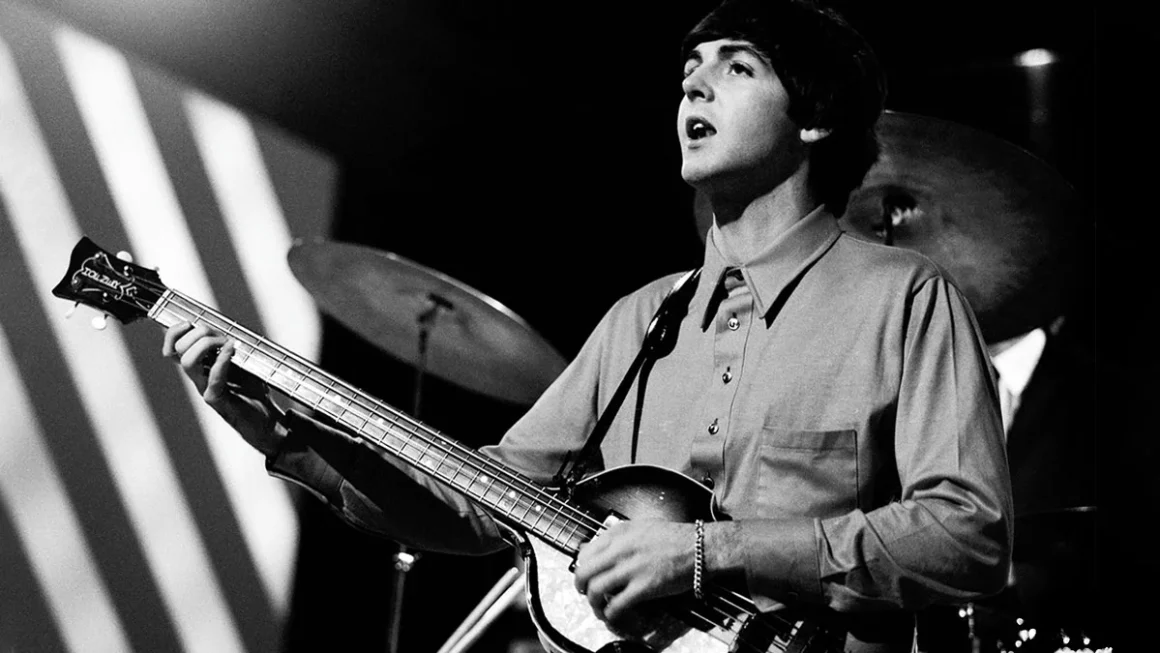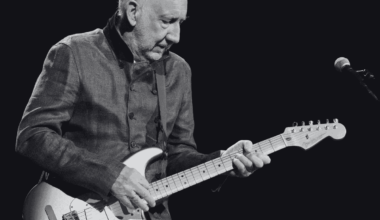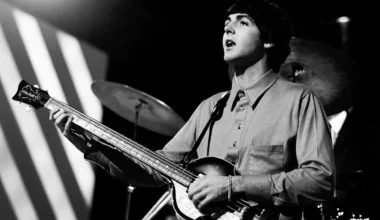By the time The Beatles were crafting their later albums, their focus had shifted beyond just recording catchy tunes.
While their early days felt like a glorified garage band, their later work sought to create audio marvels that were unprecedented in popular music.
A notable turning point in this evolution can be found in “The Night Before“, a standout track from the Help! album, which Paul McCartney regarded as one of their best recordings from that period.
Contrasting their earlier film A Hard Day’s Night, where they thrived amidst the chaotic joy of youth, the production of Help! was riddled with dissatisfaction.
The Fab Four, overwhelmed by constant attention, found themselves longing for the freedom of creativity rather than the pressure of the spotlight, even as they parodied James Bond in the film’s plot.
The Beatles, on the other hand, were already pushing boundaries while filming Help!.
While Beatles for Sale felt predictable, songs like “Help!” and “You’ve Got to Hide Your Love Away” demonstrated a desire to try new musical directions.
The latter, in particular, hinted at John Lennon’s impending Rubber Soul album, which will have a more folk-inspired sound.
Though “Yesterday” is McCartney’s most renowned contribution from this album, “The Night Before” possesses a distinct sonic character.
This track carries a bluesy flair reminiscent of their previous single “She’s a Woman,” with McCartney’s vocal delivery echoing a gritty, soulful essence.
With its rich harmonies, the song hints at a more profound emotional depth—one that could have thrived in the hands of an artist like Otis Redding.
Despite the experimental directions they would soon pursue, McCartney viewed “The Night Before” as a high point for the band during this period.
Even with the impending release of “Day Tripper,” he was enamored with the electric piano riffs Lennon laid down, declaring, “That sound was one of the best we got on record.”
Lennon’s background piano adds texture, but the track’s crowning glory lies in the lead guitar fills.
Although McCartney might have taken over Harrison’s territory by playing the solo himself, his guitar work feels like a fierce struggle—a captivating battle between man and instrument.
Ultimately, McCartney’s admiration for this song highlights a crucial element of songwriting: the interplay of creativity in the studio.
Capturing an emotion is one thing, but when every aspect of the soundscape aligns, the resulting experience transcends mere demos, showcasing what makes a song truly great.







